Students > Essay Contests > The Fountainhead
Annual Grand Prize
Summer Entry Deadline
Book Length
Fill out the contact form below, and we’ll email you with more information about this year’s contest—including instructions on how to enter.
We’ll email you more information about this year’s contest—including instructions on how to enter. In the meantime, please let us know at essays@aynrand.org if you have any questions. We’re happy to help.
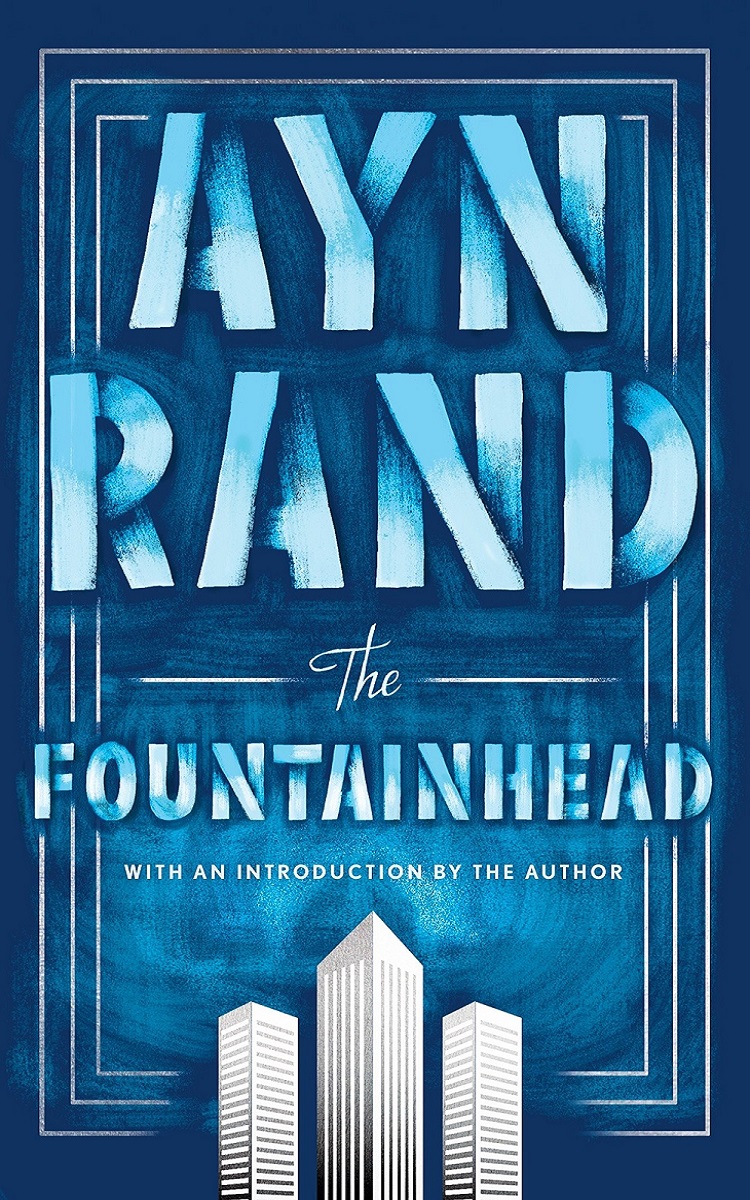
This modern classic is the story of intransigent young architect Howard Roark, whose integrity was as unyielding as granite…of Dominique Francon, the exquisitely beautiful woman who loved Roark passionately, but married his worst enemy…and of the fanatic denunciation unleashed by an enraged society against a great creator.
As fresh today as it was then, Rand’s provocative novel presents one of the most challenging ideas in all of fiction—that man’s ego is the fountainhead of human progress.
Every three months there is a new seasonal entry round, with its own unique essay prompt. You may compete in any or all of these entry rounds.
The top three essays from each season will be awarded a cash prize. The first-place essay from each season will advance to compete for the annual grand prize.
The first-place essay from each season will be eligible to contend for the annual first-place title, with the opportunity to secure a grand prize of $25,000.
Each entry round features a unique topic designed to provoke a deeper understanding of the book’s central themes and characters.
Essays must be written in English only and between 800 and 1,600 words in length, double-spaced.
Questions? Write to us at essays@aynrand.org.
The essay prompt for our fall entry period has not yet been determined. We will post it here as soon it’s available.
The essay prompt for our winter entry period has not yet been determined. We will post it here as soon it’s available.
3 per year
3 per year
2 per year
1 per year
3rd Place
2nd Place
1st Place
Annual Grand Prize
$25,000
1 per year
$3,000
2 per year
$2,000
3 per year
Essays are judged on whether the student is able to justify and argue for his or her view, not on whether the Institute agrees with the view the student expresses.
Our graders look for writing that is clear, articulate, and logically organized. Essays should stay on topic, address all parts of the selected prompt, and interrelate the ideas and events in the novel.
Winning essays must demonstrate an outstanding grasp of the philosophic meaning of The Fountainhead.
What motivates a creative thinker?
Is it a selfless desire to benefit mankind? A hunger for fame, fortune, and accolades? The need to prove superiority? Or is it a self-sufficient drive to pursue a creative vision, independent of others’ needs or opinions?
Ayn Rand addresses these questions through her portrayal of Howard Roark, an innovative architect who, as she puts it, “struggles for the integrity of his creative work against every form of social opposition.”
Learn more and request a free digital copy of the book today.

Curious to know what makes for a winning essay in The Fountainhead contest? Check out some of the essays written by our most recent grand-prize winners.
To varying degrees, they all display an excellent grasp of the philosophic meaning of The Fountainhead.
See the full list of winners from our most recent contest here.
2023
Jada Manaloto
12th grade student
Fiorello H. LaGuardia High School of Music & Art and Performing Arts
New York, New York
United States

2022
Anna Lai
12th grade student
John F. Kennedy High School
Cedar Rapids, Iowa
United States
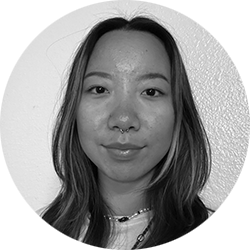
2021
Soo Yeon Chun
12th grade student
Deerfield Academy
Deerfield, Massachusetts
United States
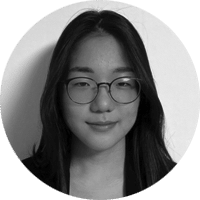
2020
Cora Usurela
11th grade student
Thornhill Secondary School
Thornhill, Ontario
Canada
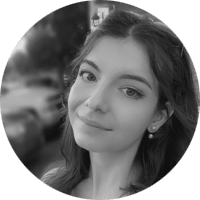
2019
Jitae You
12th grade student
Shepherd International Edu.
Gangdong-gu, Seoul
South Korea

2018
Lucas Pringle
12th grade student
Repton School
Repton, England
United Kingdom
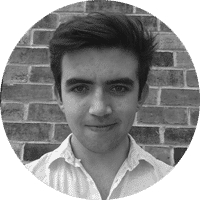
Other than endorsing perfect punctuation and grammar in English, the Ayn Rand Institute offers no advice or feedback for essays submitted to its contests. However, we do recommend the following resources as ways to improve the content of your essays.
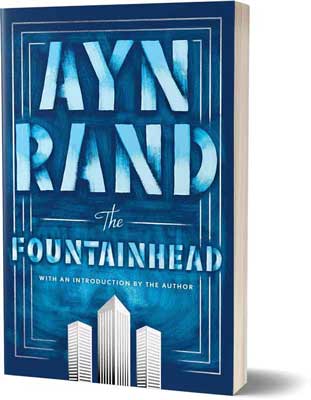
Want to stay up-to-date on any new developments to the contest? Sign up to our email list below.
We’ll send you periodic reminders about the contest deadlines, as well as helpful resources to ensure you get the most out of your experience reading and writing about Ayn Rand’s The Fountainhead.
Great! Let's get you a copy of the book.
What motivates a creative thinker?
Is it a selfless desire to benefit mankind? A hunger for fame, fortune, and accolades? The need to prove superiority? Or is it a self-sufficient drive to pursue a creative vision, independent of others’ needs or opinions?
Ayn Rand addresses these questions through her portrayal of Howard Roark, an innovative architect who, as she puts it, “struggles for the integrity of his creative work against every form of social opposition.”
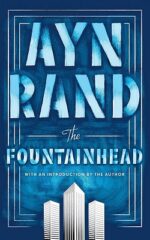
You're almost there!
Enter your school details below to receive a free digital copy of The Fountainhead.

Let's log you in to your account.
Success! Let's log you in to your account.
We've received your request for a free copy of The Fountainhead and will be emailing you details on how you can access it shortly. In the meantime, are you ready to begin the entry process?
Please enter your password below, either to create a new account or to sign in to your existing account for the contest. Once you're logged in to your account, you'll be able to save your entry progress and return later to complete it.

Hi, . Ready to enter the contest?
Now that you've logged in to your account, let's get you started on your entry for the contest. It's OK if you haven't finished reading the book or writing your essay yet. We'll save your progress for you to continue later.
Then, when you're ready to submit your essay, just return to our platform. Your saved entry will be right where you left off. So, why wait? Take the first step, and start your entry today.


Copyright © 1985 – 2024 The Ayn Rand Institute (ARI). Reproduction of content and images in whole or in part is prohibited. All rights reserved. ARI is a 501(c)(3) nonprofit organization. Contributions to ARI in the United States are tax-exempt to the extent provided by law. Objectivist Conferences (OCON), Ayn Rand Conference (ARC), Ayn Rand University (ARU) and the Ayn Rand Institute eStore are operated by ARI. Payments to OCON, ARC, ARU or the Ayn Rand Institute eStore do not qualify as tax-deductible contributions to the Ayn Rand Institute. AYN RAND, AYN RAND INSTITUTE, ARI, AYN RAND UNIVERSITY and the AYN RAND device are trademarks of the Ayn Rand Institute. All rights reserved.